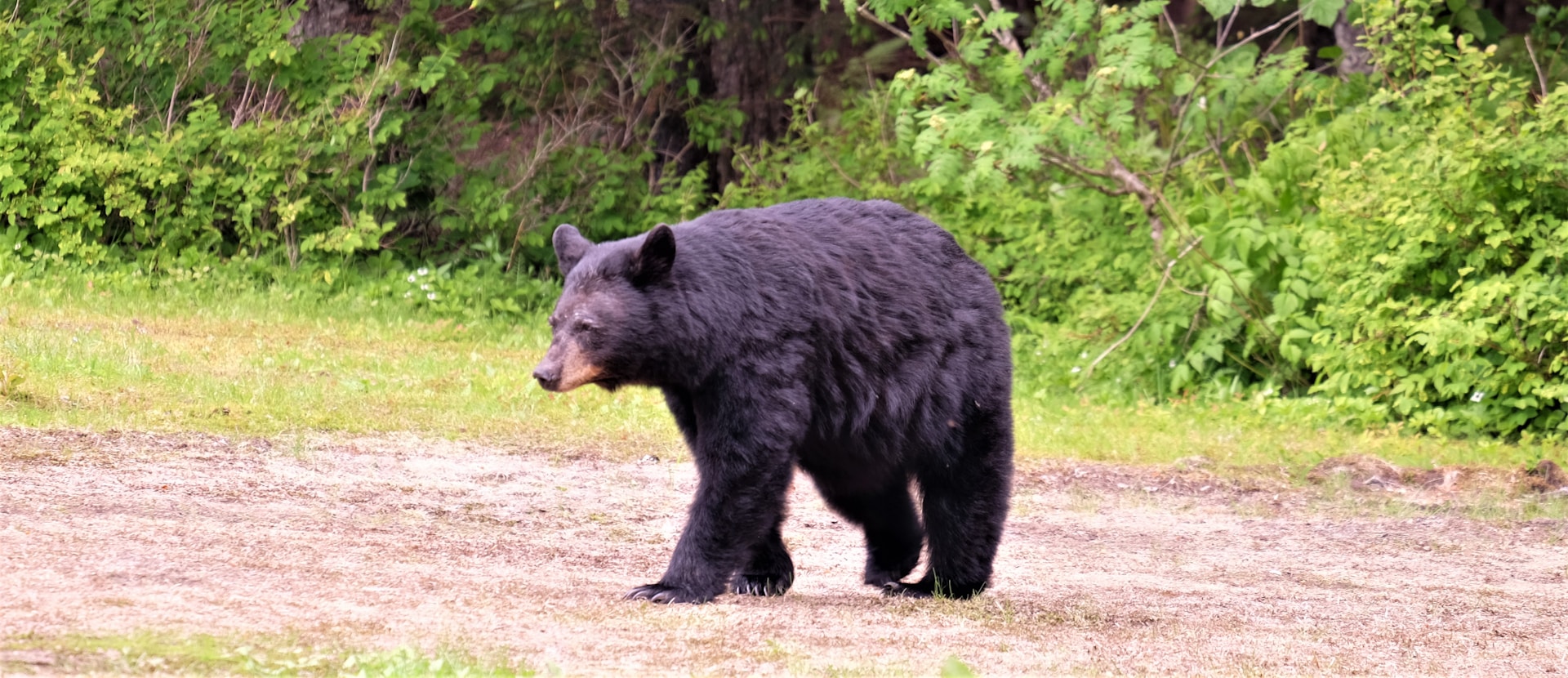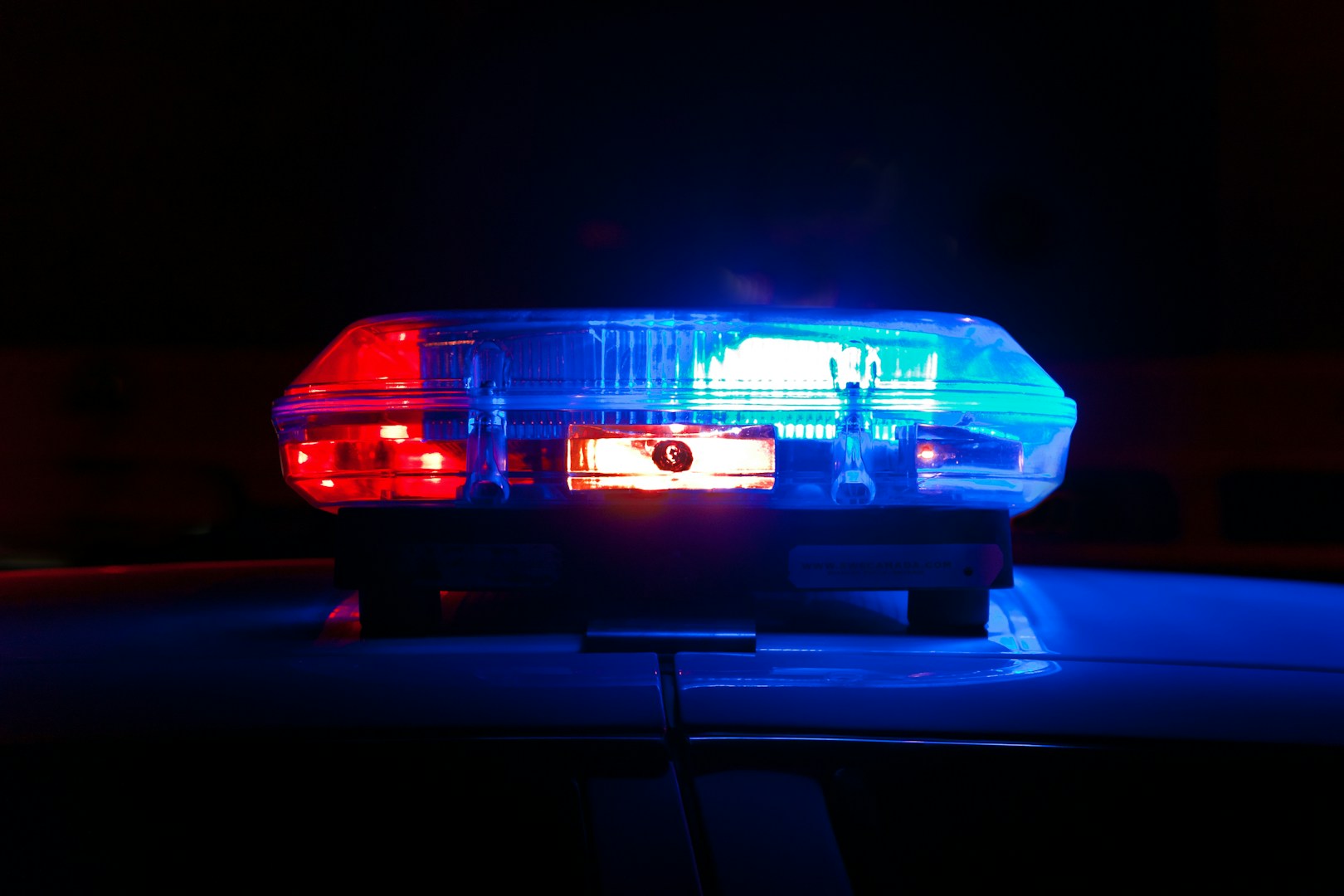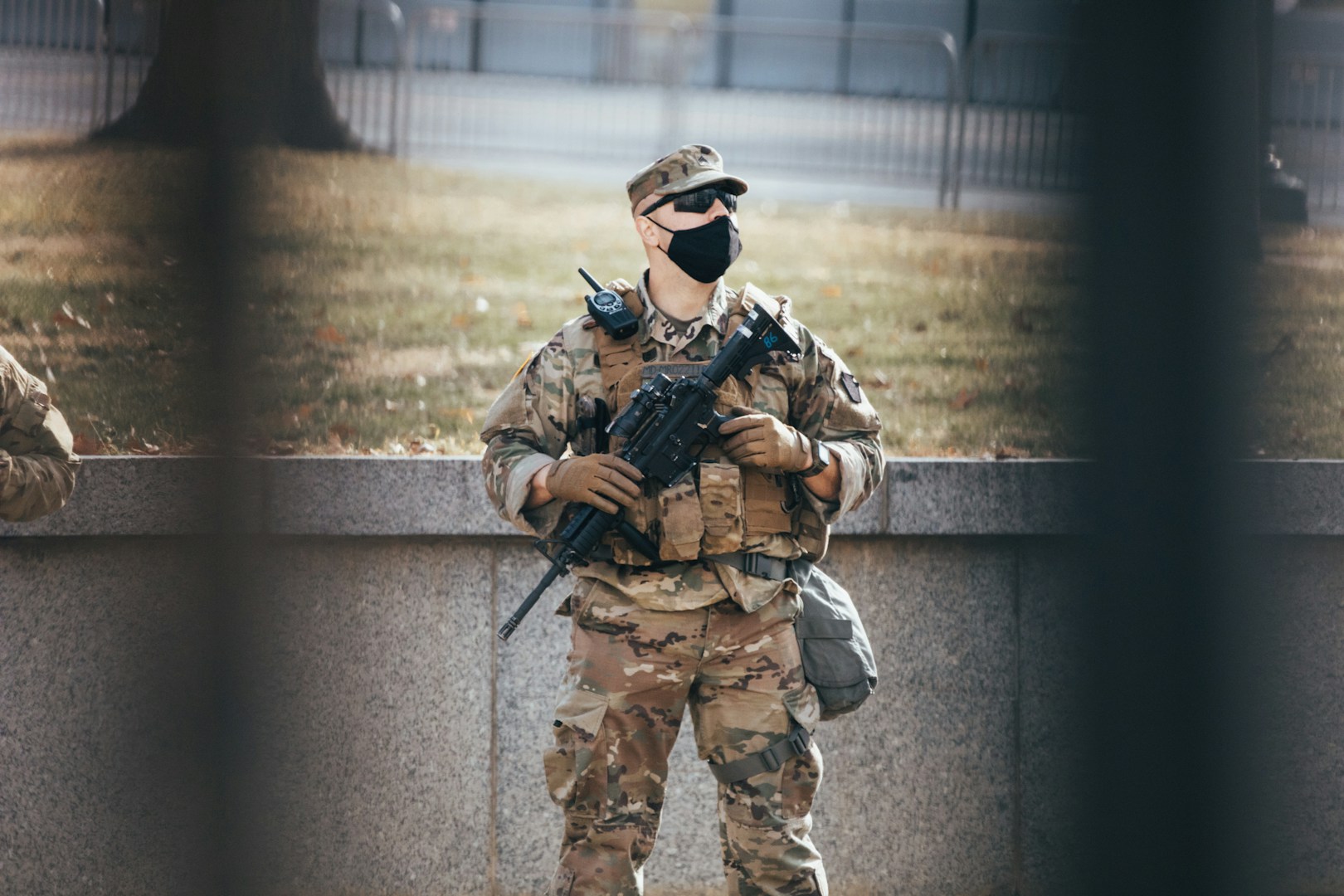TALLAHASSEE, Fla. (WDNews) Despite strong opposition and the possibility of an immediate legal challenge, state wildlife authorities adopted new regulations this week, allowing Florida to host its first black bear hunting season in ten years.
After almost 300 people gathered on the campus of Tallahassee State College for over two hours of testimony, the Florida Fish and Wildlife Conservation Commission voted 5-0. Dec. 6–28 is the start of the season, which will allow 187 permits in 31 counties.
Bear populations have increased to the point where they pose a safety issue, according to supporters, who include sheriffs and county commissioners from Gulf, Liberty, Jackson, Bay, and Franklin counties. They mentioned a growing number of bear sightings close to residences, schools, and landfills.
Franklin County Commissioner Ottice Amison stated, “We’re receiving calls about bears on porches, near schools, breaking into homes, and searching through trash just feet from where our kids play.”
However, detractors claimed the ruling lacked adequate scientific support. One of the numerous people who opposed the hunt, Marsha Biggs, denounced the rules permitting baiting and dog hunting as needless and cruel.
Daytona Beach lawyer Raquel Levy promised to submit an administrative challenge on Bear Warriors United’s behalf right away. The state’s Division of Administrative Hearings received the petition, which aims to halt the hunt and reinstate black bears as a threatened species.
Florida’s bear population has increased from less than 500 in the 1970s to over 4,050 throughout seven regions today, according to FWC officials, who supported the decision. Reports of nuisance bears have also increased significantly, from 2,000 in 2016 to over 6,000 last year.
According to FWC chair Rodney Barreto, this is not a run-and-gun situation. We use the facts to inform our conclusions. We rely on the expertise of our personnel, who have over a century of experience.
68 bears in the East Panhandle, 46 in North Florida, 18 in Central Florida, and 55 in the South are included in this year’s harvest limit. Hunters will be selected by lottery and will be permitted to use dogs, rifles, and archery gear.
Environmental organizations have protested the plan in 11 locations and placed anti-plan billboards close to the Capitol. They contend that long-term population health and habitat destruction were not adequately taken into account.
According to FWC authorities, quotas and sites will be determined annually based on population data and surveys if the hunt continues.










